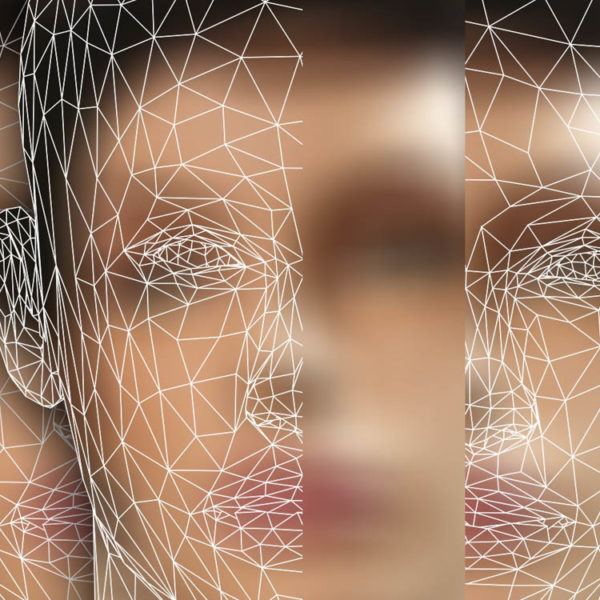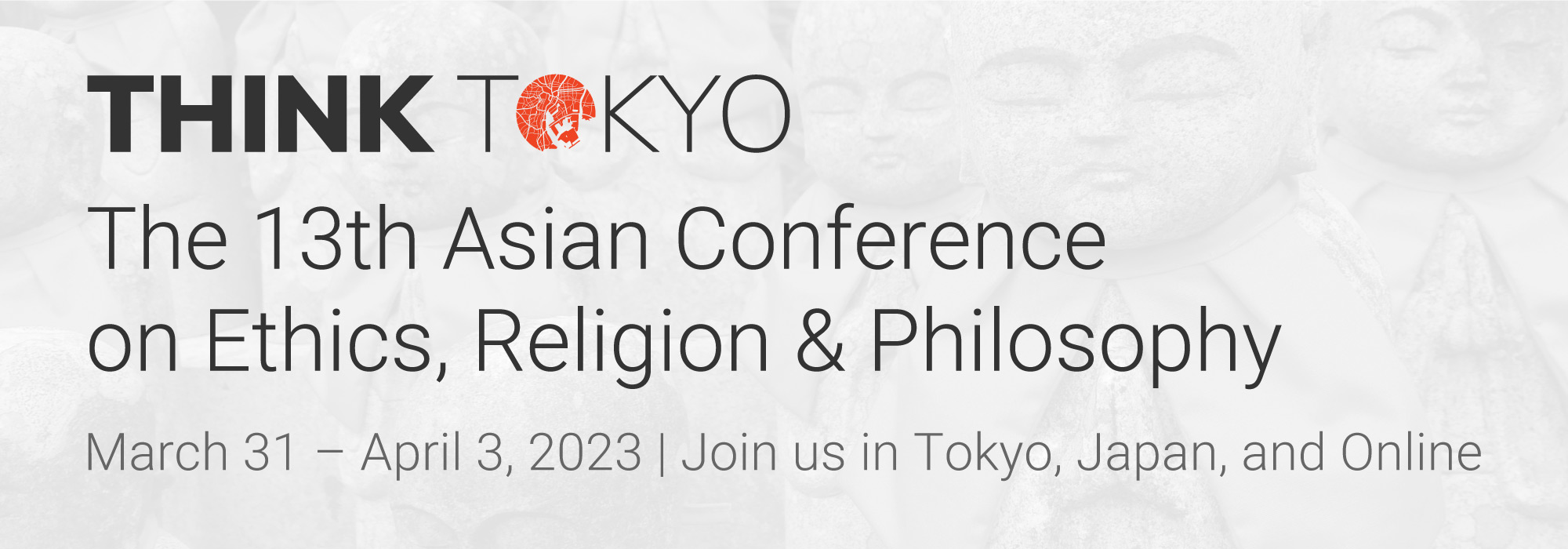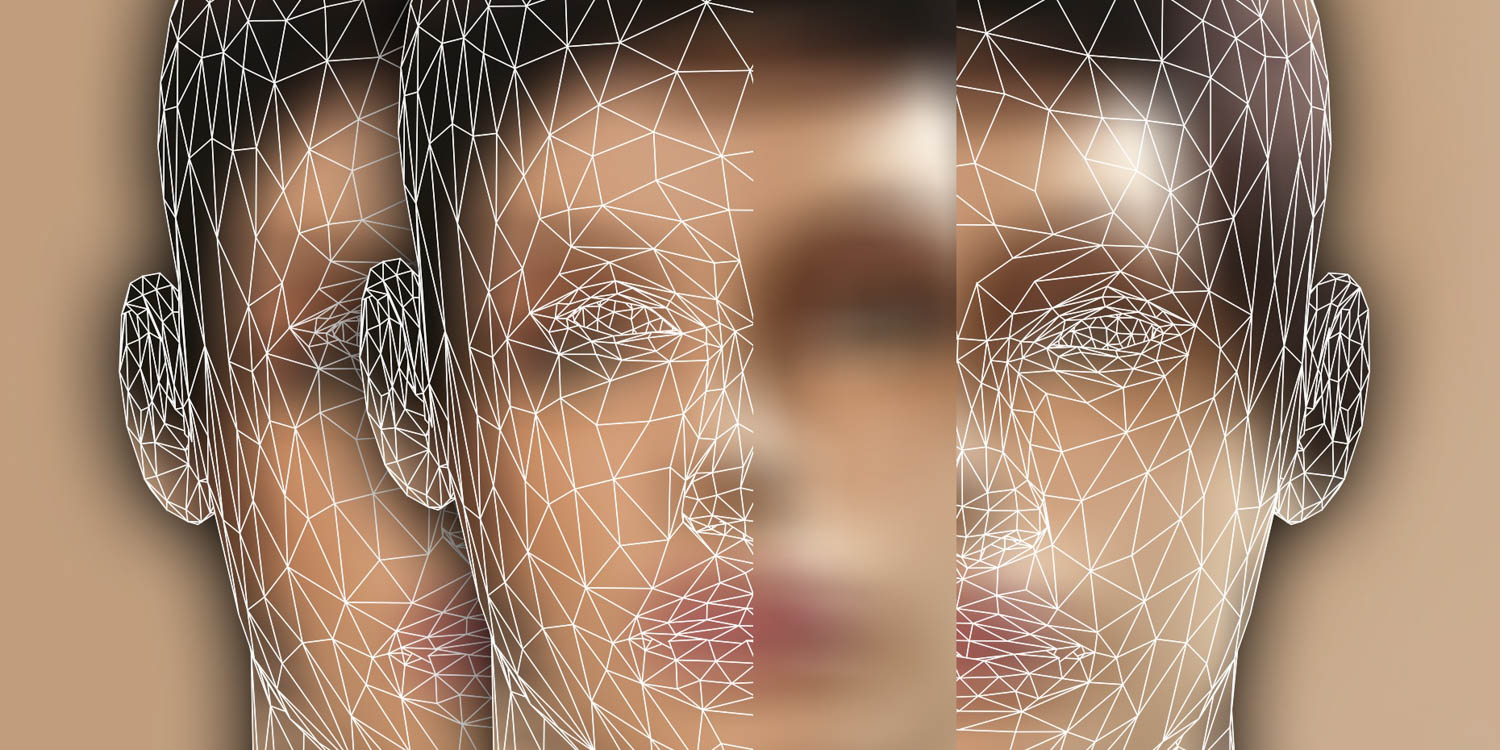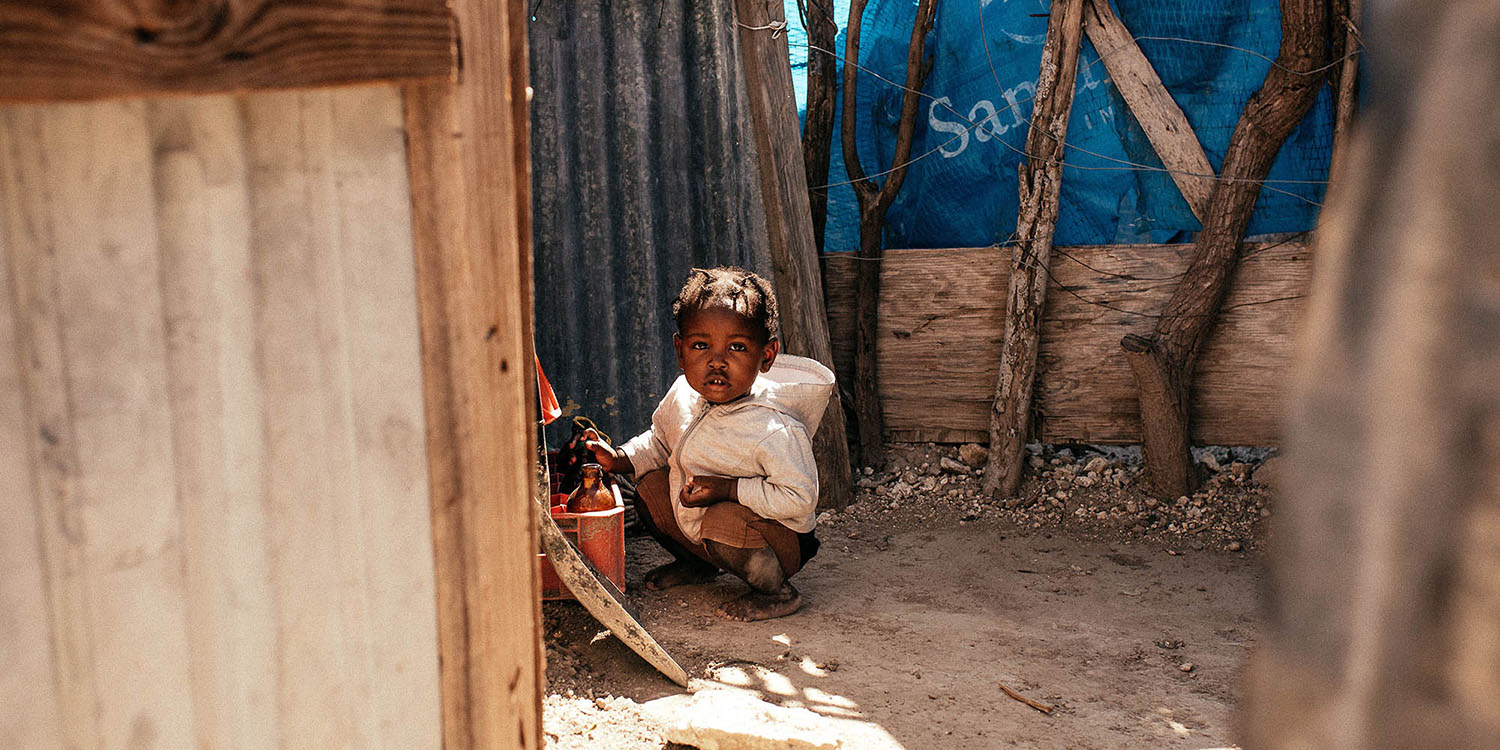The Asian Conference on Ethics, Religion & Philosophy 2017 (ACERP2017) was an interdisciplinary conference held alongside The Asian Conference on Psychology & the Behavioral Sciences 2017 (ACP2017).
This page provides details of presentations and other programming. For more information about presenters, please visit the 2017 Speakers page.
-
 Life Changes, Identity Loss and Psychological ProblemsIAAB Presentation: Monty Satiadarma
Life Changes, Identity Loss and Psychological ProblemsIAAB Presentation: Monty Satiadarma -
 Buddhism and Non-Discrimination: The Rise of Black Buddhist FeminismSpotlight Presentation: Sokthan Yeng
Buddhism and Non-Discrimination: The Rise of Black Buddhist FeminismSpotlight Presentation: Sokthan Yeng -
 Beyond Cuteness: An Emerging Field of the Psychology of “Kawaii”Keynote Presentation: Hiroshi Nittono
Beyond Cuteness: An Emerging Field of the Psychology of “Kawaii”Keynote Presentation: Hiroshi Nittono -
 A Poverty of Hope: Towards a Psychology of Humanitarian SuccessFeatured Presentation: Ronald Mellado Miller
A Poverty of Hope: Towards a Psychology of Humanitarian SuccessFeatured Presentation: Ronald Mellado Miller -
 Free Speech and Hate Speech – History, Story, NarrativePlenary Panel: Frank S. Ravitch, Colin Jones, Koji Higashikawa & Shiki Tomimasu
Free Speech and Hate Speech – History, Story, NarrativePlenary Panel: Frank S. Ravitch, Colin Jones, Koji Higashikawa & Shiki Tomimasu -
 Battles of Ideas: Identity and AlienationPlenary Panel: Brian Victoria & Dexter Da Silva
Battles of Ideas: Identity and AlienationPlenary Panel: Brian Victoria & Dexter Da Silva -
 Adolescent Depression and Identity DevelopmentFeatured Presentation: Keizo Nagao
Adolescent Depression and Identity DevelopmentFeatured Presentation: Keizo Nagao -
 Freedom’s Edge: Balancing Religious Freedom and Equal Access to Facilities and Services for TransexualsFeatured Presentation: Frank S. Ravitch
Freedom’s Edge: Balancing Religious Freedom and Equal Access to Facilities and Services for TransexualsFeatured Presentation: Frank S. Ravitch -
 Military Conscription, Slavery and the Modern StateFeatured Presentation: Brian Victoria
Military Conscription, Slavery and the Modern StateFeatured Presentation: Brian Victoria -
 Perspectives on Natural ReligionFeatured Panel: T. Brian Mooney, Wayne Cristaudo, John N. Williams & Dixon Wong Heung Wah
Perspectives on Natural ReligionFeatured Panel: T. Brian Mooney, Wayne Cristaudo, John N. Williams & Dixon Wong Heung Wah -
 Identity Constructs as Drivers of Persecution and Obstacles to JusticeSpotlight Presentation: David Matas
Identity Constructs as Drivers of Persecution and Obstacles to JusticeSpotlight Presentation: David Matas











